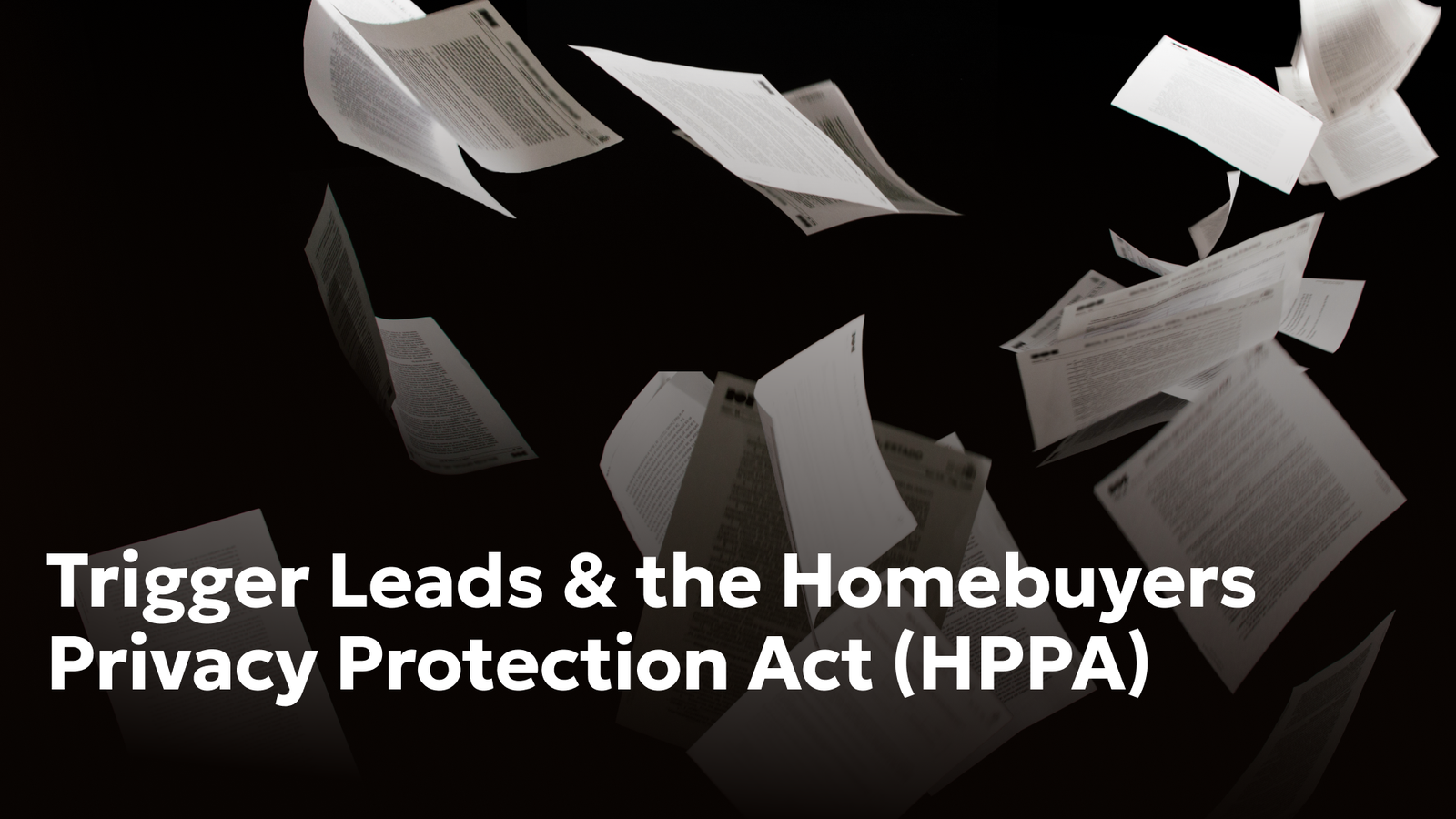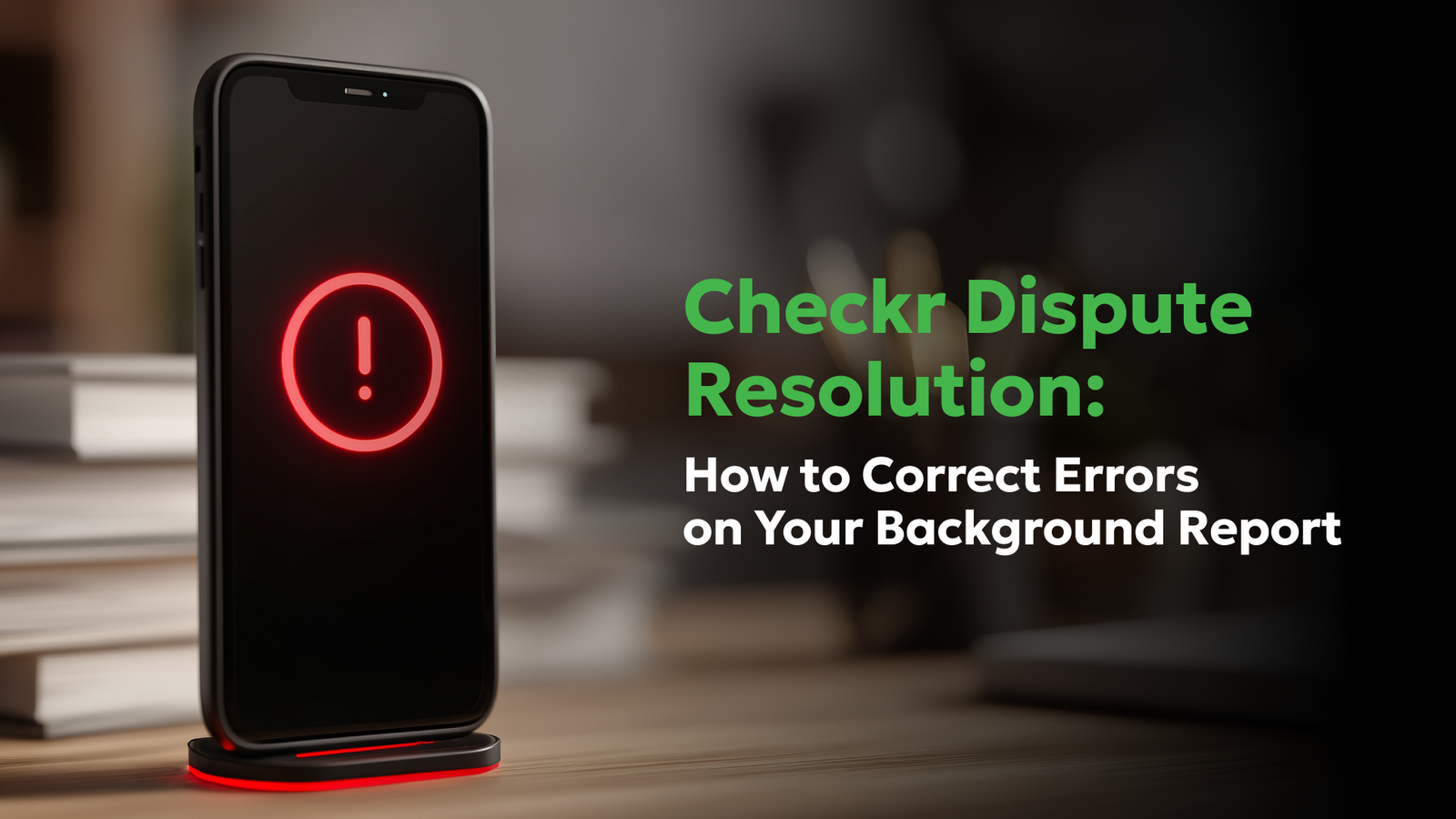What’s the difference between soft and hard credit checks?
- Blog
- All about FCRA
What’s the difference between soft and hard credit checks?

There are a few marked differences
Soft and hard credit checks have several important differences.
There are two types of credit checks or inquiries: soft credit checks and hard credit checks.
The short of it is: Soft credit checks occur when you receive an offer from a lender or when you check your own credit. A hard credit check, on the other hand, occurs when a creditor checks your credit before approving you for a credit product that you’ve applied for. The credit product could be an auto loan, a credit card, or a mortgage, etc.
Let’s delve a little deeper into what sets one type of credit check apart from the other.
Do You Need a Clean Driving Record for DoorDash? Find Out Here
If you're wondering if you need a clean driving record for Doordash, it's important to know that while a perfect driving history isn't strictly required, certain violations may disqualify you. Major driving offenses, such as DUIs, and excessive minor violations could negatively impact your eligibility as a DoorDash driver. If you have concerns about your driving record or need assistance with any related issues, don't hesitate to contact our legal team, who are ready to help you navigate and resolve any problems you may encounter.
The differences between a soft credit check and a hard credit check
There are a few concrete distinctions between the two kinds of credit inquiries.
1. Effect on credit score
Soft credit checks do not impact your credit score at all. On your credit report, they are visible only to you, if they show up at all.
Hard credit checks actually impact your credit score; they reduce it by a few points. On your credit report, they are visible to all your potential creditors. They remain on your credit report for a maximum of two years as derogatory remarks. However, their effect on your credit score typically abates after the first year.
It’s unlikely that a single hard credit check will affect any potential creditors’ decision to grant your application, but we recommend that you avoid applying for multiple credit products at the same time or within a short timeframe because they trigger multiple hard checks by the various potential lenders.
Aside from reducing your credit score, the presence of multiple hard credit checks within a short period on your report gives lenders the impression that you’re going through financial distress and that you may be a high-risk customer.
However, it’s worth a mention that if you’re “rate shopping,” the various hard credit checks will count as a single hard credit inquiry. This is the case if you’re shopping for specific types of loans like home mortgages. The agencies will categorize the inquiries from multiple mortgage lenders into just one inquiry on your report.
2. Consent
For a hard credit check to occur, you must give your consent. When you apply for credit products, as part of the paperwork, you’ll typically sign a credit report authorization form. This gives the creditor permission to conduct a hard check on your credit.
For a soft credit check, your consent is not needed, and it can occur even without your knowledge.
3. When they occur
A hard credit check occurs whenever you apply for a credit product such as a credit card, loan, auto loan, or mortgage. The creditor conducts a hard credit check to determine the following:
- Your creditworthiness
- How you’ve handled credit before
- If you have a habit of paying your bills on time
- Whether there are any derogatory remarks on your report
In short, it helps them determine whether you’re a high-risk customer.
Soft credit checks occur frequently and are not tied to any particular application for a new credit product.
Instances of soft credit checks include:
- Credit checks performed by you
- Checks by insurance companies to determine eligibility or pricing for a new policy
- Background checks performed by potential employers
- Prequalified credit card offers
- Checks by an existing creditor for account maintenance purposes
Understanding the variations between soft credit checks and hard credit checks will help you understand the implication of each and their effect on your credit score: You can use a soft credit check to identify credit reporting errors on your report and even uncover cases of identity theft; if you find any strange hard credit inquiries on your report, dispute it with the relevant credit bureau and contact the Consumer Financial Protection Bureau.
Contact us if you need any help navigating the rigors of dealing with credit mishaps.
Dedicated Attorneys for Consumers: Your Advocates
Looking for attorneys who champion consumer rights? Our dedicated team of attorneys is here to serve you. With a deep commitment to protecting consumers, we handle a wide range of legal matters. From consumer disputes to unfair practices, we provide effective representation and fight for your best interests. Don't face these challenges alone. Contact our team of attorneys for consumers today.


Daniel Cohen is the Founder of Consumer Attorneys. Daniel manages the firm’s branding, marketing, client intake and business development efforts. Since 2017, he is a member of the National Association of Consumer Advocates and the National Consumer Law Center. Mr. Cohen is a nationally-recognized practitioner of consumer protection law. He has a we... Read more
Related Articles




R
ONGS™You pay nothing. The law makes them pay.







